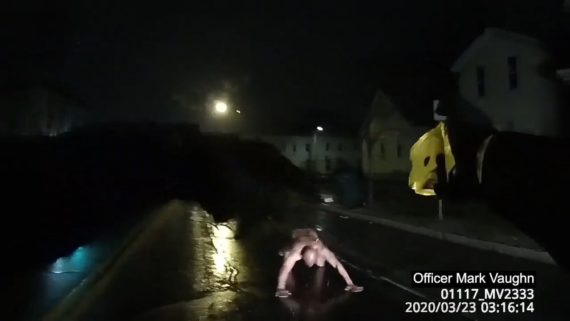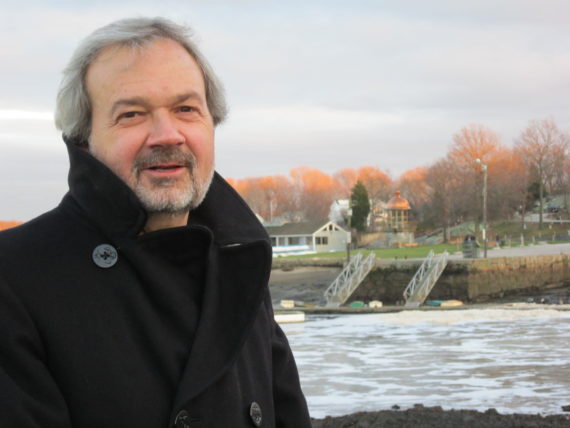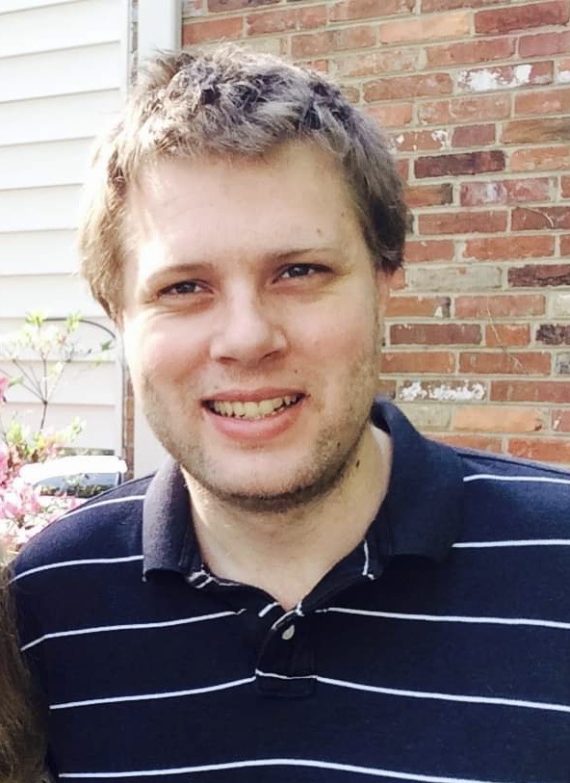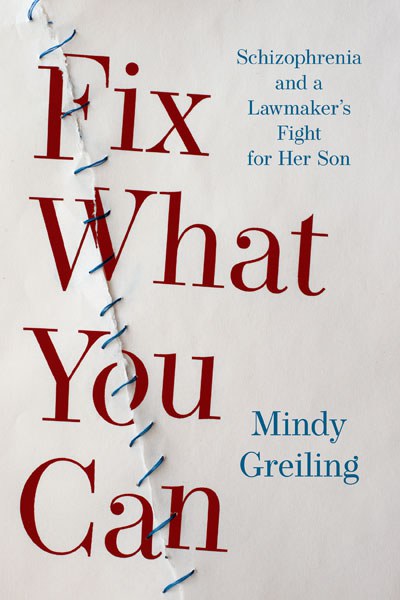
(9-4-20) I deeply appreciate law enforcement officers who want to help individuals in crisis by undergoing Crisis Intervention Team training. Sadly, too many Americans with mental or drug problems end up being arrested, injured or dead after the police are called. This is why I favor community alternatives that put responsibility back on social services and the medical community, such as mobile crisis response teams and peer support, to de-escalate a situation, while acknowledging that sometimes police must get involved.
The Rochester N.Y. police department’s response to Daniel Prude is calling attention to the deaths of not only people of color, but those having a mental health/drug crisis, as noted today in The New York Times. Eugene, Or., is cited as an example of alternatives to having police always be the first responders. Compare that community’s approach to the horrific police killing of Patrick Kenny in Springfield, Or.. What makes Kenny’s death even more appalling is that all of the officers involved had undergone CIT yet none used any of the de-escalation tools taught to them.
Mental health as crimeNew York Times by David Leonhardt |
|
| On March 23, just a day after having gone to the hospital for mental health problems, a 41-year-old man named Daniel Prude bolted out of his brother Joe’s home in Rochester, N.Y, wearing few clothes. Joe was scared about what might happen to his brother. |
| So he did what many Americans do when facing an emergency involving mental illness. He called 911. |
| In the hours that followed, police officers found Daniel Prude walking down a street and handcuffed him. One officer held a knee on his back for two minutes. Unable to breathe, Prude lost consciousness and died a week later. |
| On Thursday, after the Prude family released a video of the confrontation, the mayor of Rochester suspended seven officers. (For a more detailed account, you can read this reconstruction by Times reporters.) |
| The case has raised many of the same questions — about racism and police behavior — as some other recent deaths of Black men. It has also highlighted a specific issue that many experts believe is crucial to reducing police-related violence: mental illness. |
| “Americans with mental illnesses make up nearly a quarter of those killed by police officers,” Pete Earley, whose mentally ill son has twice been shot with stun guns by police officers, has written for The Washington Post. As Earley also points out, “115 police officers have been killed since the 1970s by individuals with untreated serious mental illnesses.” |
| Are there any promising solutions? There appear to be. |
| Some cities have had success moving more mental health treatment — including emergency response — out of the criminal justice system. And many advocates for better policing have called for an expansion of these efforts, as part of shifting some police funding to other areas. “This is the only medical illness that we use criminal justice to respond to,” John Snook, the executive director of the Treatment Advocacy Center, told Vice. |
| One alternative: Eugene, Ore., routes some 911 calls — like many involving mental illness or homelessness — to an emergency health service, the White Bird Clinic. Last year, the clinic received 24,000 such calls Ebony Morgan, a White Bird crisis worker, told National Public Radio. In fewer than 1 percent of those cases did White Bird need to call for police backup as part of its response. |
| It’s hard not to wonder whether Daniel Prude would still be alive if his brother had been able to call medical professionals instead of the police. |







